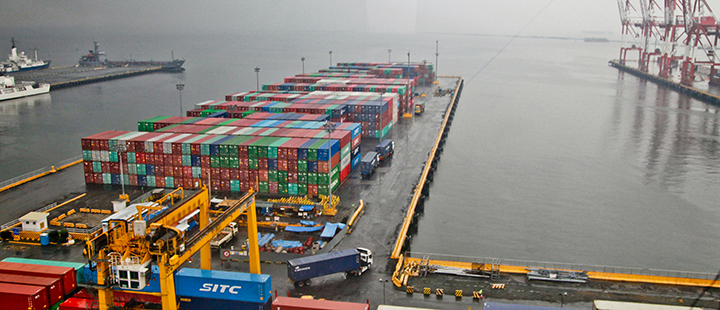Singapore’s economic openness creates both challenges and strengths. The external sector is an unavoidable source of risk, the high cost of living is a concern and an ageing population. But, set against this, Singapore has a number of important strengths – a globally-connected economy, business-friendly environment, political system and benefits from its role in ASEAN.
Policy responses are consistent, with annual changes made within the context of longer-term planning. In addition to green and digitalization projects, longer-term support is also being given to Singapore’s finance sector. So while we think there may be near-term challenges to the economic outlook, the longer-term outlook remains good.
Key takeaways:
- GDP growth is expected to remain at historically modest levels but the Monetary Authority of Singapore (MAS) expects some strengthening later this year. Monetary policy easing is possible.
- Longer-term challenges include external sector vulnerabilities, regional competition and the cost of living. But strengths in the business environment still offset these.
- Manufacturing, financial and other sectors are expected to remain key global players, supported by specific focus plans on digitalization and green growth.







